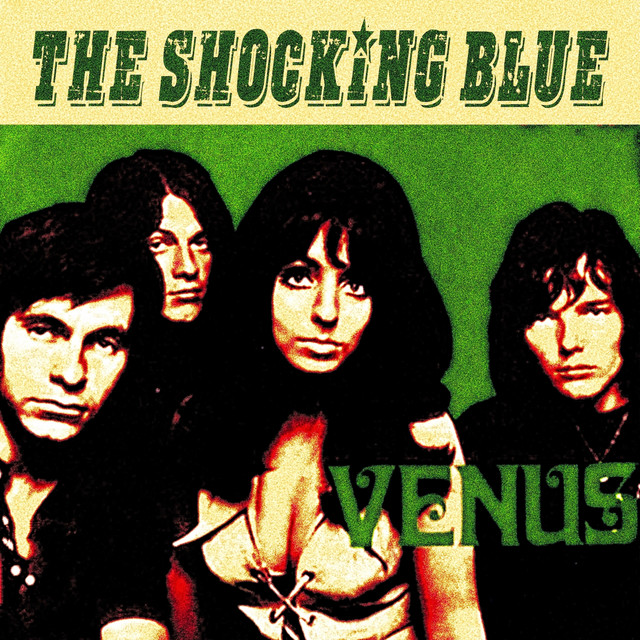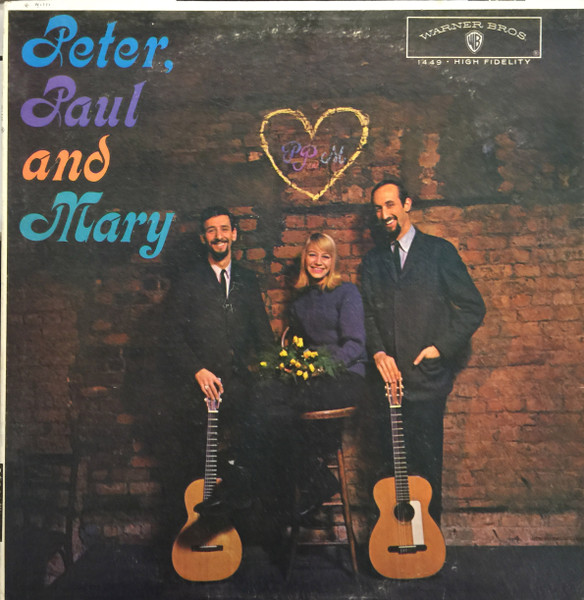 “Pretty Woman” by Roy Orbison is one of the most iconic songs in the history of rock and roll—a recording that defied expectations, bridged genres, and gave a voice to longing, lust, and admiration with a swagger and charm unlike anything before or since. Released in 1964, the song stands as a towering achievement not just in Orbison’s catalog but in pop music altogether. From its instantly recognizable opening guitar riff to its unforgettable vocal performance, “Pretty Woman” is a song that has never left the cultural consciousness. Whether playing from a jukebox in a roadside diner, blaring from a car stereo, or lighting up the silver screen, it continues to resonate across generations with its mix of cool, vulnerability, and theatricality.
“Pretty Woman” by Roy Orbison is one of the most iconic songs in the history of rock and roll—a recording that defied expectations, bridged genres, and gave a voice to longing, lust, and admiration with a swagger and charm unlike anything before or since. Released in 1964, the song stands as a towering achievement not just in Orbison’s catalog but in pop music altogether. From its instantly recognizable opening guitar riff to its unforgettable vocal performance, “Pretty Woman” is a song that has never left the cultural consciousness. Whether playing from a jukebox in a roadside diner, blaring from a car stereo, or lighting up the silver screen, it continues to resonate across generations with its mix of cool, vulnerability, and theatricality.
Roy Orbison was not what most people expected a rock star to be. He wore dark sunglasses not to look cool, but to hide his insecurity. He wasn’t conventionally handsome, and his stage presence was often more inward and contemplative than showy. But what he lacked in flash, he more than made up for with one of the most powerful, haunting, and unique voices in music history. His style was operatic, but not overwrought. It soared effortlessly from a low croon to a falsetto shriek and carried the emotional weight of an entire orchestra in a single phrase. While many of his earlier songs such as “Crying,” “Only the Lonely,” and “Running Scared” were melancholic masterpieces, “Pretty Woman” marked a striking shift—a bold, sexy, confident anthem that captured a very different kind of emotional moment.
The inspiration for “Oh, Pretty Woman” (as it was officially titled) reportedly came from a simple moment of domestic observation. Orbison’s wife, Claudette, was heading out to do some shopping. As she walked away, Orbison’s co-writer Bill Dees remarked, “A pretty woman never needs any money.” That offhanded comment sparked something in Orbison, who began riffing on the phrase with Dees. By the end of the day, they had the song written. This wasn’t a piece crafted over months in a studio—it came together quickly and organically, which perhaps speaks to the elemental power it has always carried. It was inspired by real life, rooted in a moment of admiration, and that authenticity bleeds through every note.
The song begins with one of the most memorable guitar riffs in rock history, played by Billy Sanford. It’s raw, punchy, and immediately sets a tone of confident swagger. That riff acts as both an invitation and a declaration—this is not a song of sorrowful yearning but of assertive desire. When Orbison’s voice enters with the famous line, “Pretty woman, walking down the street,” it’s not a poetic metaphor or abstract longing—it’s concrete, immediate, and real. His delivery is infused with a kind of emotional stammering that feels both cool and anxious, like someone who’s rehearsed this encounter in his mind a hundred times but still can’t believe he’s saying the words aloud.
What makes the song so enduring is its perfect balance between fantasy and reality. The narrator sees a beautiful woman walking by and, rather than just admiring her from afar, he imagines a whole world in which they’re together. He allows himself the luxury of the daydream but is also painfully aware of how unlikely it is. “No one could look as good as you,” he says, then quickly adds, “Mercy.” It’s funny, honest, and completely disarming. Then comes the emotional pivot: “Are you lonely just like me?” It’s a vulnerable moment that cracks the confident shell and reveals something deeper—a fear of rejection, a hope that maybe the pretty woman isn’t just admired, but also looking for someone herself.
Orbison’s vocal performance throughout the song is nothing short of masterful. He alternates between brashness and fragility with remarkable ease. The way he stretches the line “I don’t believe you, you’re not the truth” captures the incredulity of someone who can’t quite accept that such beauty could be real or could possibly belong to him. It’s not just lust—it’s awe. It’s not just desire—it’s disbelief. There’s something inherently romantic about that, even if the song is wrapped in the outer trappings of machismo.
Musically, “Pretty Woman” straddles multiple styles. It’s got the rock drive of the British Invasion, the rhythmic groove of early R&B, and the melodic sensibility of classic American pop. It’s no accident that the Beatles and Rolling Stones idolized Roy Orbison; his ability to construct melodies that were both simple and emotionally devastating had a profound impact on the next generation of songwriters. The arrangement is clean and powerful, driven by that unforgettable riff, a solid drum backbeat, and Orbison’s soaring voice. It builds tension and releases it with each chorus, culminating in a final plea—“Don’t walk on by… pretty woman, don’t make me cry”—before resolving in a moment of surprise: the woman turns around and walks back to him.
That twist at the end is subtle but incredibly satisfying. It takes what could have been a song about missed opportunity and flips it into a fantasy fulfilled. The pretty woman doesn’t remain a distant figure—she turns back. She acknowledges the man who’s been calling out to her. Whether that’s literal or metaphorical doesn’t matter. What matters is the feeling: that hope can win out over doubt, that sometimes, the impossible becomes possible.
“Pretty Woman” was a massive hit when it was released, topping the Billboard Hot 100 for three weeks and becoming Orbison’s biggest single. It was also one of the first songs to cross over so successfully between rock and roll and pop, appealing to both teenagers and adults. It became a global phenomenon, charting around the world and helping to cement Roy Orbison’s status as a superstar. But unlike some hits that fade with time, “Pretty Woman” only seemed to grow in stature. It was reintroduced to a new generation in 1990 when it was featured in the Julia Roberts and Richard Gere romantic comedy Pretty Woman. That movie’s use of the song wasn’t just clever marketing—it was a perfect pairing. The song’s themes of unexpected connection and beauty found in ordinary moments mirrored the film’s plot and tone, making it feel timeless all over again.
There have been countless covers and tributes to “Pretty Woman” over the years. Van Halen famously released a hard rock version in 1982 that added crunch and grit but kept the core intact. The fact that such a different band could interpret the song so effectively speaks to its versatility. It’s not just a ballad or a rock song or a pop tune—it’s a vessel for emotion, a blueprint for how to turn admiration into music.
Roy Orbison’s legacy is filled with songs of deep sadness and heartbreak, but “Pretty Woman” stands out for its optimism and charm. It proves that longing doesn’t always have to end in tears, that confidence can be born from vulnerability, and that beauty—real, transformative beauty—can sometimes turn around and smile back. Orbison’s voice on the track is an instrument of both strength and fragility, a reminder that love, even when it starts with a glance, can shake the foundations of your world.
What makes “Pretty Woman” a song worth returning to again and again isn’t just its melody or lyrics or vocal fireworks—it’s the feeling of possibility. It taps into a universal human experience: seeing someone who stops you in your tracks, someone who makes the world pause for a moment. We’ve all had that instant when time slows down and desire takes over. Roy Orbison captured that instant, gave it a riff, a rhythm, and a heart, and sent it echoing through the decades. Whether it’s playing at a wedding, in a diner, or during a late-night drive, “Pretty Woman” never loses its power. It never loses that mix of excitement and fear, of boldness and doubt. It never stops being a song about the rush of seeing beauty and daring to dream that beauty might see you too.
Roy Orbison died too young, in 1988 at the age of 52, but songs like “Pretty Woman” have made him immortal. It’s not just a rock classic—it’s a cultural artifact, a timeless ode to the magic of a moment, and the strange, fragile hope that lives inside us when we fall for someone we’ve only just seen. And with that unforgettable voice leading the way, “Pretty Woman” will always be more than a song. It will be a memory, a dream, a fantasy fulfilled in three minutes flat.


